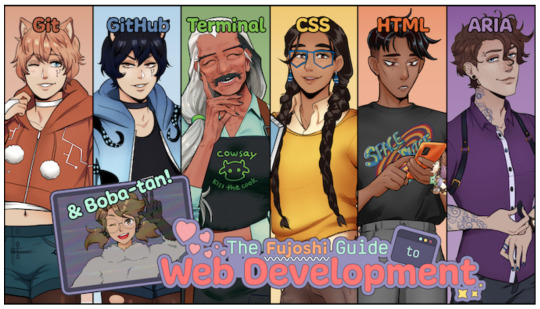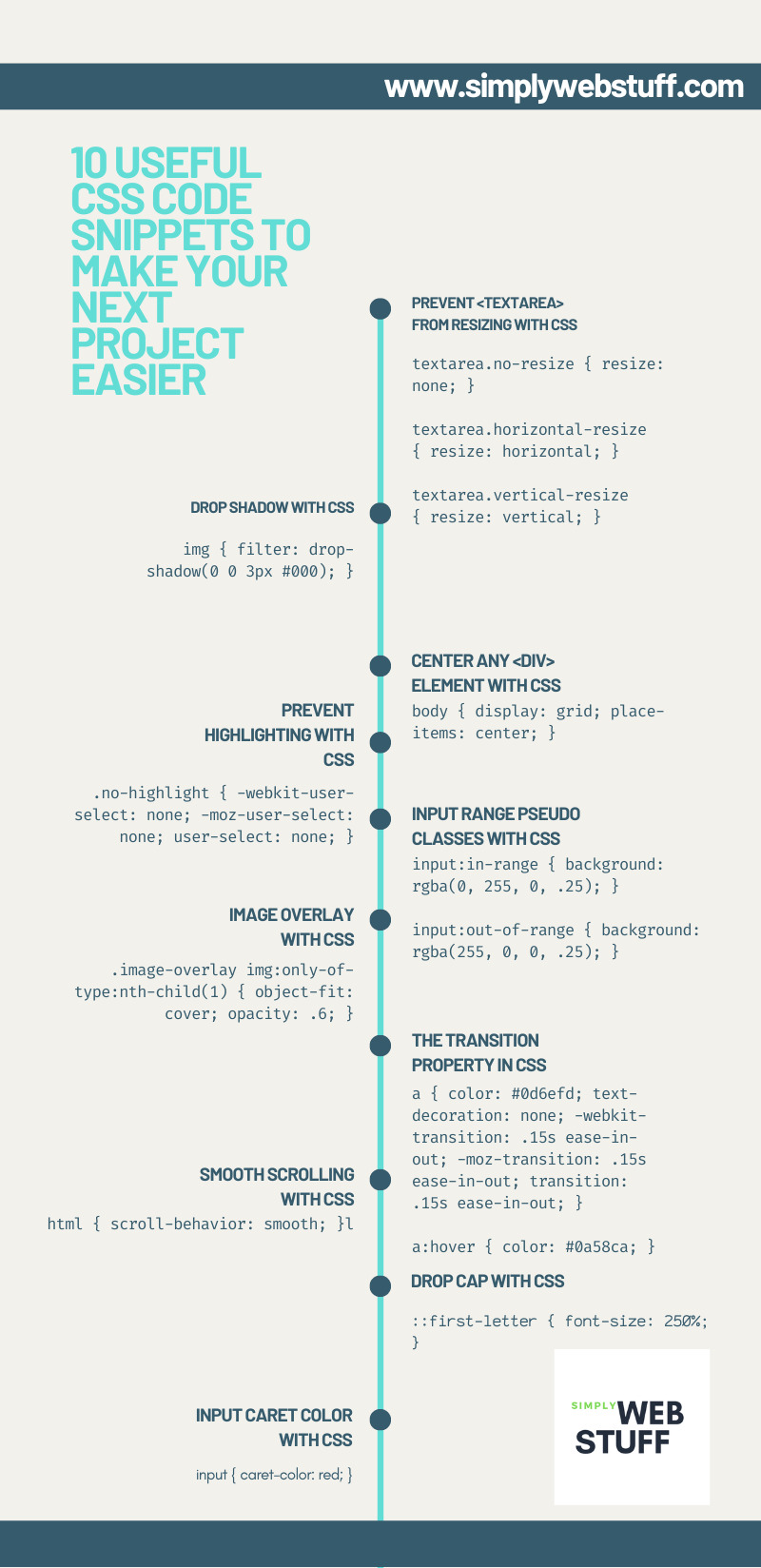#Web development guide
Text
#Web development guide#Beginner web development#Web development tutorial#Website creation tips#HTML CSS JavaScript#Learning web development#Step-by-step web development#Web development basics#Building websites#Frontend development#Backend development#Web development resources#Web development for beginners#DIY web development#Web development skills
0 notes
Text
Types of Website Development Frameworks: A Comprehensive Guide
#Website Development Frameworks#Website Development Frameworks Guide#Web development Frameworks#Web Development Guide#Type of Website Development Frameworks#Types of Web Development Frameworks#Lucid Outsourcing Solutions#Lucid Outsourcing#Lucid Solutions
0 notes
Text
What is coding for kids
#web development#front end web development#web development roadmap#web development guide#learn web development#app development#backend web development#full stack web development#software development#development#web development tutorial#web development projects#web development tutorial for beginners#what is web development#web development course#web development skills
1 note
·
View note
Text
🚀 Unlock the Fullstack Web Development Adventure! 🌐🚀
Ready to dive headfirst into the world of coding, databases, and dynamic websites? Look no further! 🖥️💼
Introducing the REDOT ACADEMY Fullstack Web Development Internship - Your gateway to becoming a versatile tech wizard! 💻🌟
📌 What You Can Expect: ✅ Front-end and Back-end Development ✅ Hands-on Coding Experience ✅ Real Projects and Problem-Solving ✅ Expert Mentorship ✅ The Ultimate Fullstack Portfolio
Whether you're a coding newbie or aiming to enhance your skills, our internship program is your golden ticket to building a robust foundation in web development. 💡
Don't miss out on this incredible opportunity to learn, grow, and prepare for a future where tech is king! 👩💻👨💻🚀
Apply now and embark on your journey towards becoming a Fullstack Web Development pro! 🌐👏
#RedotAcademy #FullstackWebDevelopment #InternshipOpportunity #CodeLikeAPro #TechJourney #WebDevSkills #LearnWithUs
#web development#full stack web development#web development roadmap#what is full stack web development#full stack web development course#web development full course#web development course#web development for beginners#learn full stack web development#full stack development#full stack web development full course#web development 2023#web development guide#front end web development#web developer
1 note
·
View note
Text
Web Development Guide For Beginners

Website development guide is an invaluable resource for anyone looking to create a successful online presence. It covers the entire process, from initial planning and design to coding, content creation, and launch. This guide provides insights into selecting the right technology stack, optimizing for mobile responsiveness, and ensuring SEO-friendly practices. It also emphasizes the importance of user experience and offers tips on regular maintenance and updates. Whether you're a novice or an experienced developer, a Website Development Guide can serve as your roadmap to building a functional, visually appealing, and effective website.
0 notes
Text
How can we learn how web development works
How can we learn: Today we will tell you what is web development, so that you will understand what we need for it.
How can we learn
To know how web development works, you can follow these steps:
Start with the basics: Familiarize yourself with HTML (Hypertext Markup Language) and CSS (Cascading Style Sheets), the building blocks of web pages.
Learn JavaScript: JavaScript is a programming…

View On WordPress
#app development#career in web development#development#front end web development#full stack development#full stack web development#full stack web development course#How can students learn?#learn web development#web development#web development 2023#web development career in india#web development course#web development full course#web development guide#web development roadmap#web development skills#web development tutorial#web development tutorial for beginners#What are 4 ways to learn?#What are the 5 ways you can learn?#What is the best way to learn?
1 note
·
View note
Text
Web development is certifiably not something simple to do. At the point when you initially conclude this is something that you are keen on, it’s exceedingly difficult to know where or how to get everything rolling.
#web development#development#web developer#web design#app development#web development advice#web development tips#web development 2021#web development guide#learn web development#top 10 web development tips#why web development is hard#is web development hard#is web development easy#web development tips and tricks#web development (interest)#responsive web development#how difficult is web development#web developement#web application development
0 notes
Text
Nowadays .NET is one of the most preferred programming languages amongst various programming languages. Lots of people don't know the difference and when to use .NET Framework and .NET Core. In this article you will go through the positive as well as the negative side of both as well as you get an idea which one to choose for your next project .
Read more : https://www.websitemagazine.com/blog/development-guide-to-net-core-vs-net-framework
0 notes
Photo

Getting into web development is certifiably not something simple to do. At the point when you initially conclude this is something that you are keen on, it’s exceedingly difficult to know where or how to get everything rolling.
#web development#web developer#web design#app development#web development advice#web development tips#web development guide#learn web development
0 notes
Text

I normally actively avoid posting about anything where money is attached. I'm making an exception here for a project that addresses what I see as a significant (and growing) need in the fandom.
I (along with a team of incredible comods) run an independent archive, the Silmarillion Writers' Guild. We are one of the only independent archives left, at least in the Tolkien fandom.
We wage a lot of uphill battles to keep our archive open and active, but one of the biggest is the tech side. I'm not an IT pro; I'm a middle-school humanities teacher. I began learning the tech skills to run an archive in 2006 and have been learning ever since. By now, I've devoted hundreds if not thousands of hours to learning how to build and run websites. And it's hard, mostly because it is hard to find information that is written at a level comprehensible by an exhausted middle-school teacher who has a half-hour at the end of her day to puzzle something out. Documentation generally sucks; tutorials often seem to be written at a level just above where I am. My knowledge has a lot of holes as a result, and I sometimes have to give up on something because I can't find what I need to teach me to do it.
The Fujoshi Guide to Web Development is a Kickstarter project that aims to remedy that by producing materials aimed at teaching web development concepts specifically to a fannish audience and with the goal of supporting an independent fannish web, where fans have the know-how to build their own sites, archives, and other web projects. They are very close to their goal. I made my donation today; I'm hoping we might push them over the finish line.
Currently, fans are primarily tethered to a few large sites used for fandom purposes. Some of these are benevolent and trustworthy (AO3, for example); others are not and have taken damaging steps toward fandom over the years (not mentioning any names here ...) All of them have their limitations. The primary complaints I hear about AO3, for example, have nothing to do with AO3 doing anything wrong and everything to do with people wanting AO3 to be something other than AO3. At the same time, I get it: We are at the point where AO3 is often the only choice for many creators to archive their work and the only choice for people who want to enjoy fanworks. Those people are understandably upset when AO3 can't meet their needs because they don't see themselves as having another choice.
But it didn't used to be this way. It used to be (at least in Tolkien fandom) that if you wanted something that didn't exist, you built it yourself. This is how the SWG came to be: some of us wanted an archive just for Silmfic, there wasn't one, so we built one. We weren't alone in this, and we felt empowered because so many other fans were doing the same thing: learning together and teaching and supporting each other as we went. This was when "building a website" meant learning enough HTML and CSS to hand-markup a page or adjust an eFiction theme.
But, as time passed and the internet evolved, our enthusiastically acquired knowledge of HTML wasn't enough to keep afloat sites that were breaking at a much deeper level, and those sites began to disappear. My comods and I did endeavor to gain the knowledge to save our decaying archive and, as noted above, it was not easy, and I do not blame anyone for not doing the same. It was a part-time job for me for over a year, and I'm lucky that I was able to make room for it in my life. It's unreasonable to expect that everyone will be able to do that.
The increasing consolidation and corporatization of fandom is a problem too. We've seen time and again that for-profit companies don't have our interests in mind. All of the fannish stuff we love on Tumblr and Discord and FanFiction.net could be gone tomorrow and for no better reason than someone will make a little more profit if our embarrassing fandom garbage is not there. It's happened before, many times. Even without corporate malevolence, digital data is fragile and having everything in just one place is perilous. While I'm sure AO3, for example, is diligent in preserving our work as best as possible, data losses and breaches do happen all the time.
It used to be that Tolkien fanfic writers would archive their work in three, four, more different places. If one had a data loss, that sucked, but mostly because you lost comments, not because entire swaths of fanworks were gone forever. That level of crossposting is no longer an option.
It used to be that Tolkien fanfic writers would archive their work in three, four, more different places. If one had a data loss, that sucked, but mostly because you lost comments, not because entire swaths of fanworks were gone forever. That level of crossposting is no longer an option.
67 notes
·
View notes
Text
How to Do Web Development
Introduction to Web Development
Web development is the process of creating websites or web applications that are accessible over the internet. In today's digital age, having a strong online presence is crucial for businesses and individuals alike. Whether you're building a personal blog, an e-commerce platform, or a corporate website, understanding the fundamentals of web development is essential.
Understanding the Basics
HTML: The Backbone of Web Development
HTML, or Hypertext Markup Language, is the standard markup language used to create the structure of web pages. It provides the basic building blocks for organizing content on the web. With HTML, you can define headings, paragraphs, lists, images, and other elements that make up a webpage.
CSS: Adding Style to Your Website
CSS, or Cascading Style Sheets, is used to enhance the presentation of HTML elements. It allows you to control the layout, colors, fonts, and other visual aspects of your website. CSS enables you to create responsive designs that adapt to different screen sizes and devices.
JavaScript: Making Your Website Interactive
JavaScript is a programming language that adds interactivity and dynamic behavior to web pages. With JavaScript, you can create interactive forms, animations, and user-friendly interfaces. It is widely used in frontend development to enhance the user experience.
Choosing the Right Tools and Technologies
Before starting a web development project, it's essential to choose the right tools and technologies based on your requirements and preferences.
Frontend Frameworks
Frontend frameworks like React, Angular, and Vue.js provide pre-built components and libraries to streamline the development process. They offer features like state management, routing, and data binding, making it easier to build complex web applications.
Backend Technologies
For server-side development, you can choose from a variety of backend technologies such as Node.js, Ruby on Rails, Django, and Laravel. These frameworks provide tools for handling database operations, authentication, and server-side logic.
Planning Your Web Development Project
Defining Goals and Objectives
Before diving into development, it's essential to define clear goals and objectives for your website. Whether it's increasing brand awareness, driving sales, or providing valuable content, having a clear vision will guide the development process.
Creating a Wireframe and Mockup
A wireframe is a visual representation of the layout and structure of your website. It outlines the placement of content, navigation elements, and user interface components. Mockups, on the other hand, provide a more detailed visual design, including colors, typography, and imagery.
Writing Clean and Maintainable Code
Importance of Clean Code
Writing clean and maintainable code is essential for the long-term success of your web development project. Clean code is easy to understand, modify, and debug, reducing the likelihood of errors and technical debt.
Best Practices for Writing Maintainable Code
Follow coding standards and best practices to ensure consistency and readability in your codebase. Use meaningful variable names, comment your code, and modularize your code into reusable components or functions.
Testing Your Website
Importance of Testing
Testing is a critical part of the web development process to ensure that your website functions correctly and meets the intended requirements. It helps identify bugs, performance issues, and compatibility issues across different browsers and devices.
Types of Testing in Web Development
There are various types of testing in web development, including unit testing, integration testing, regression testing, and usability testing. Each type serves a specific purpose in validating different aspects of your website.
Launching Your Website
Deployment Process
Once your website is developed and tested, it's time to deploy it to a web server and make it accessible to the public. The deployment process involves configuring the server, uploading files, and configuring domain settings.
Post-Launch Considerations
After launching your website, it's essential to monitor its performance, security, and user feedback continuously. Regular updates and maintenance are necessary to keep your website running smoothly and securely.
Continuous Learning and Improvement
Keeping Up with Industry Trends
Web development is a constantly evolving field, with new technologies and trends emerging regularly. Stay updated with industry news, attend conferences, and participate in online communities to keep abreast of the latest developments.
Expanding Your Skillset
To stay competitive in the job market, continuously expand your skillset by learning new programming languages, frameworks, and tools. Invest in online courses, tutorials, and hands-on projects to enhance your expertise in web development.
Web development is an exciting and dynamic field that offers endless opportunities for creativity and innovation. By mastering the fundamentals, choosing the right tools, and adopting best practices, you can build high-quality websites that engage users and achieve your objectives. Click Here
#Web development guide#Beginner web development#Web development tutorial#Website creation tips#HTML CSS JavaScript#Learning web development#Step-by-step web development#Web development basics#Building websites#Frontend development#Backend development#Web development resources#Web development for beginners#DIY web development#Web development skills
0 notes
Text
Hey there, I’m Sgt, and I’m the artist who brought ARIA to life in this project.
I joined the #Fujoguide project out of love for the idea of bringing Queer content creators together for a chance to make something fun and educational for people to better curate their own online spaces and experiences. Ms Boba’s drive for coming up with unique and interesting ideas is an exceptional talent, and I looked forward to working on a project that can help folks that struggle with textbook-style guides to have a better grasp on coding so that we don’t have to settle for the platforms created by social media bigwigs with pockets deeper than the Mariana trench.
This was a brand new experience for me, as this was the first time I ever had a chance to participate in a project quite this big with so many other wonderful creators who share the same goal. I’m a very visual learner, as are many people, and I feel like this project is such a good way to get folks like me engaged and focused on learning to code and create our own little personal corners of the web where we don’t have to follow anybody else’s rules. Not only that, but I was absolutely tickled to participate in something involving a lot of queer representation with a team of fellow queer folks from many walks of life.
The care and love that went into this project—and that will continue to be poured into this project—is so special, and I’m so happy to be a part of it. We have so many things still in the works, and we can’t wait to share more of our passion project with you.
Also, have you seen the gorgeous men? Absolutely incredible. All of them are hotties. Can you guess who my favorite is?
21 notes
·
View notes
Text
Web development projects with source code
#web development#front end web development#web development roadmap#web development guide#learn web development#backend web development#full stack web development#software development#development#web development tutorial for beginners#what is web development#web development course#web development skills
1 note
·
View note
Text
Boost Your ROI: Actionable Strategies for Enterprise Application Development in 2024
Explore actionable strategies for enterprise application development in our latest blog, designed to elevate your ROI in 2024. Discover key insights into leveraging cutting-edge technologies, optimizing development processes, and enhancing user experiences.

Uncover practical approaches to streamline your enterprise app development journey and maximize returns on your investment. Stay ahead in the competitive landscape with these proven strategies tailored for success.
#EnterpriseAppDevelopment #TechnologyTrends #ROI2024
#Enterprise Application Development#App Development#App Development Trends#Custom App Development#Enterprise AI#Guide For Enterprises#Mobile App Development#Web App Development Company#Web Development
3 notes
·
View notes
Text

10 Useful CSS Code Snippets That Will Make Your Web Developers Life Easier
#css#csstutorial#css guide#csscheatsheet#cssinfographic#webdev#web development#infographic#web development infographic
30 notes
·
View notes
Text
2 notes
·
View notes